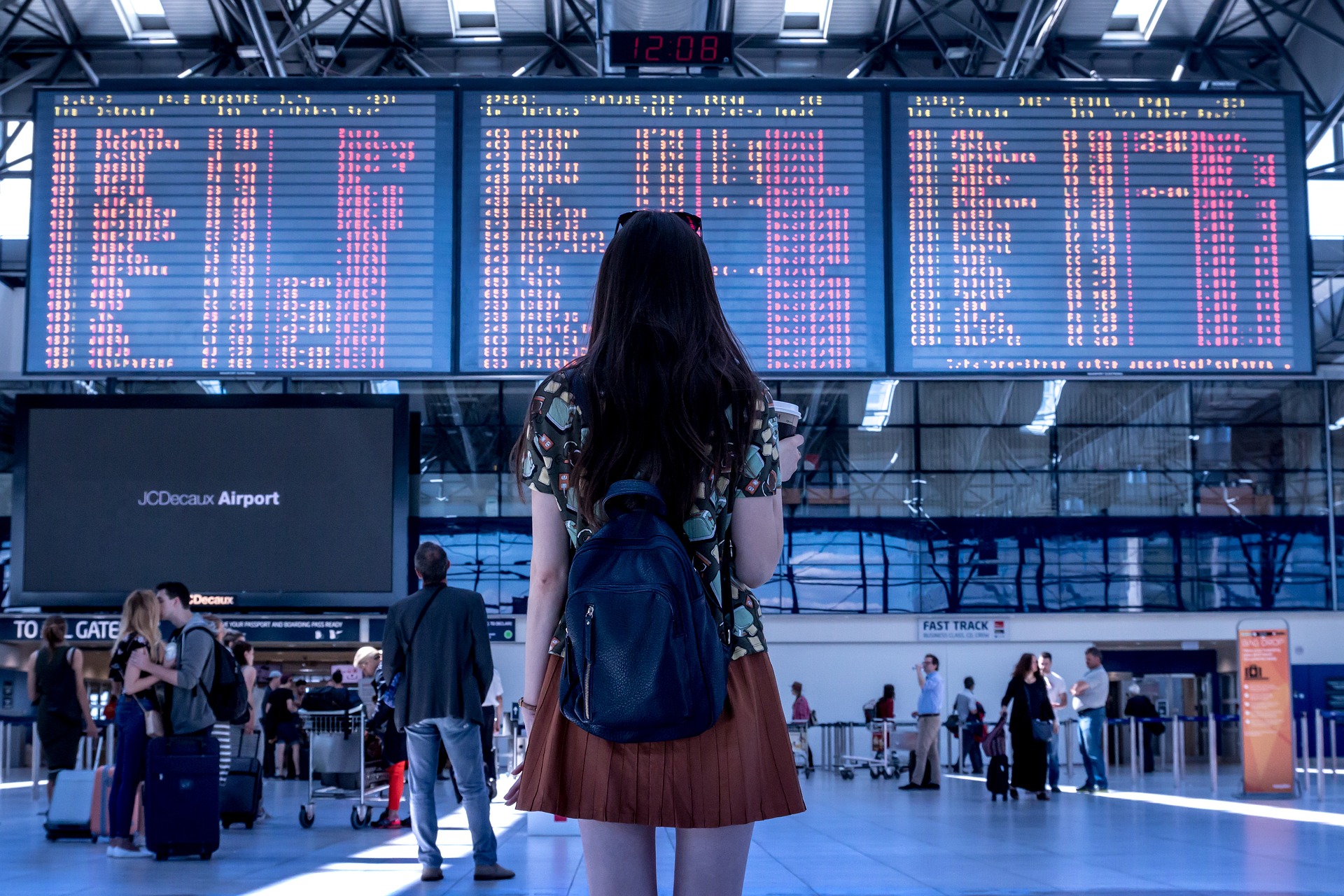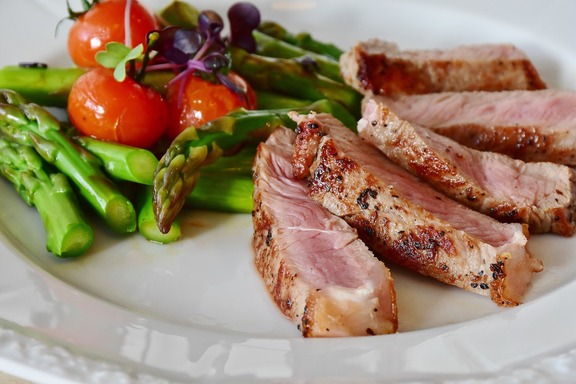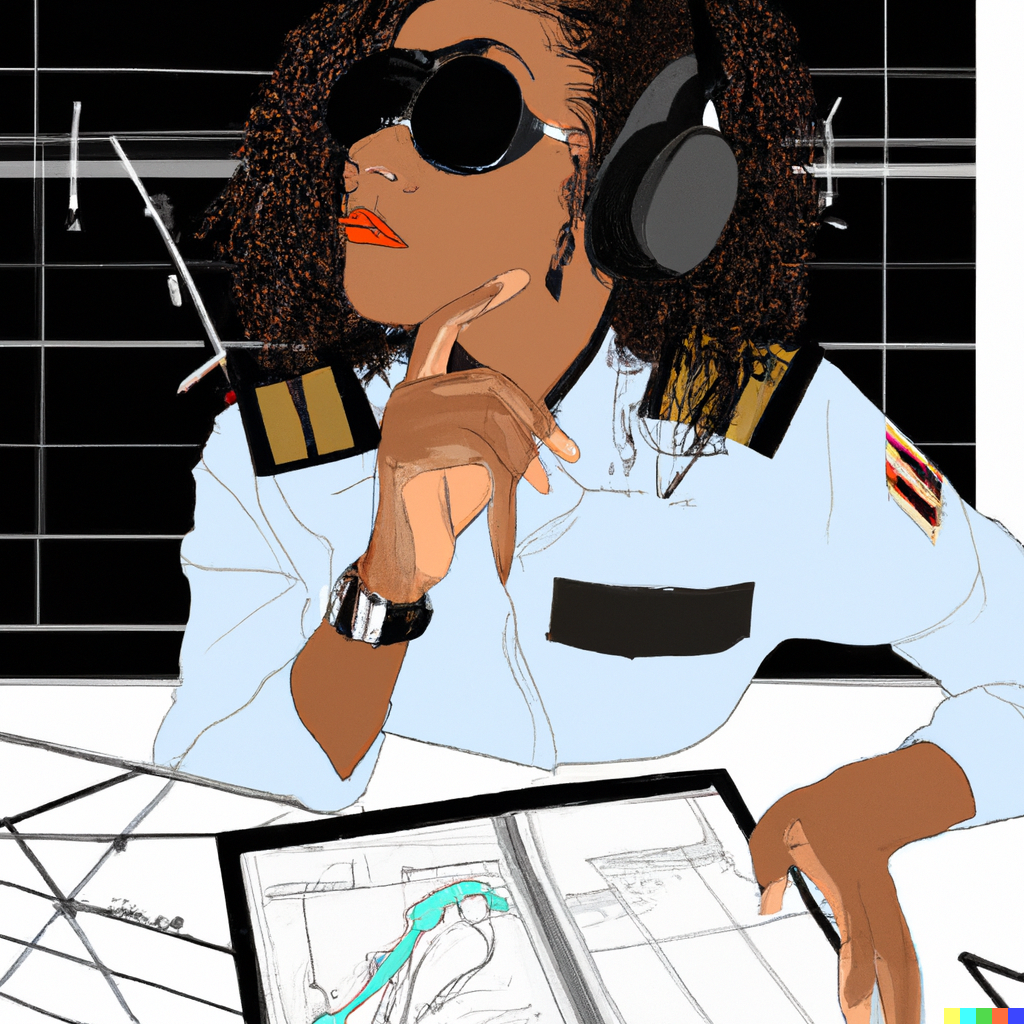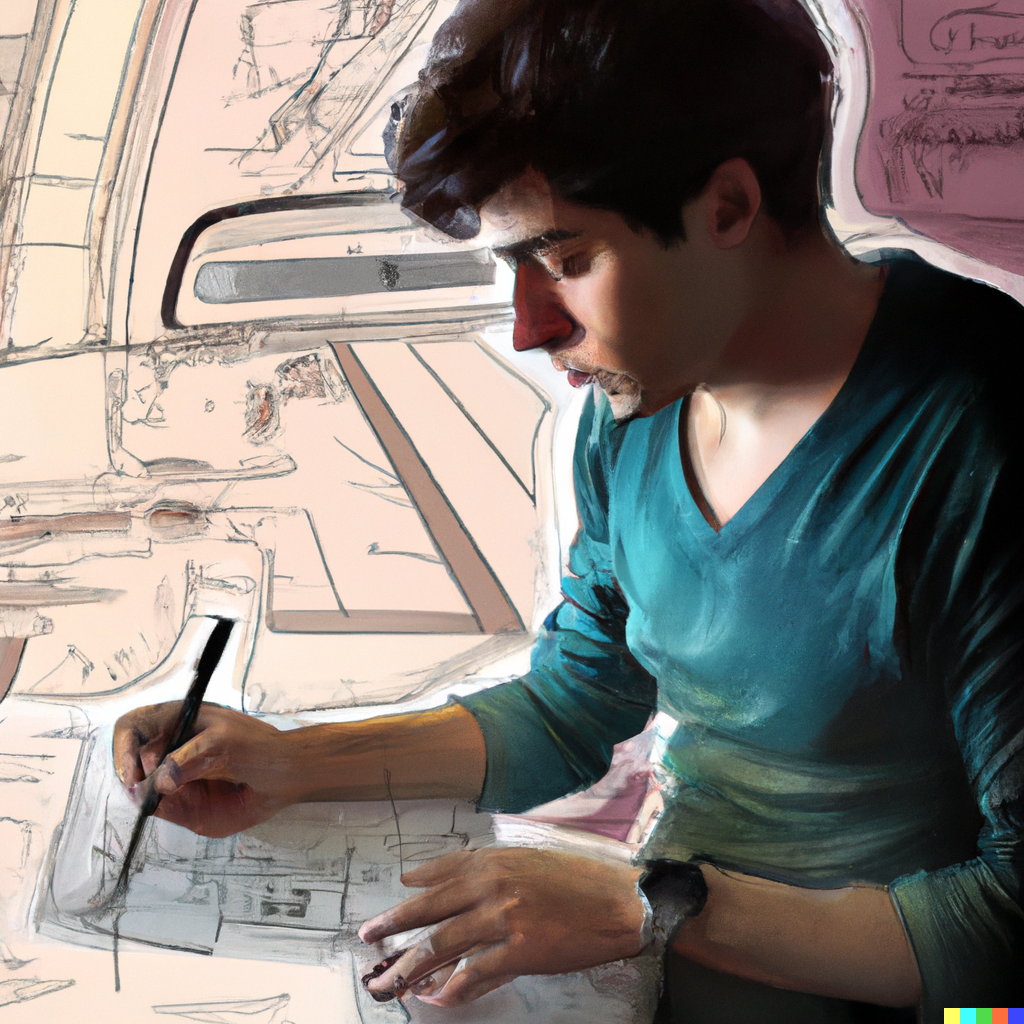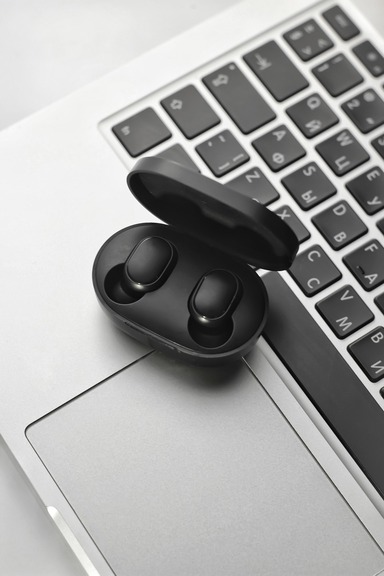Deciphering the Age and Training Essentials for Aspiring Pilots
Alexander Kellerson

Welcome aboard, dear readers, to our enlightening journey on 'Deciphering the Age and Training Essentials for Aspiring Pilots'. In this article, we'll navigate the skies of opportunity, exploring essential eligibility criteria for pilots worldwide. We'll ascend through the details of age requirements across different countries, cruise through the number of training hours required, fly over the standards of medical fitness, dive into the theoretical knowledge tests, gain altitude with flight experience requirements, and finally, land on the limitations for solo flights. Buckle up as we prepare for take-off on this exciting journey of discovery!
Age Criteria Worldwide
In various regions across the globe, the age criteria for aspiring pilots differ, creating a fascinating patchwork of standards. In the United States, for example, the Federal Aviation Administration (FAA) requires a minimum age of 17 for private pilots and 18 for commercial and airline transport pilots. Meanwhile, in Europe, the European Union Aviation Safety Agency (EASA) sets the minimum age for pilots at 18, regardless of the license type. This global diversity in age requirements underscores the need for potential aviators to review their respective region's regulations thoroughly before embarking on their aviation journey.
Required Training Hours
Before you can hit the skies, there's a mandatory training period to navigate. The Federal Aviation Administration (FAA) stipulates that student pilots must accumulate a minimum of 40 flight hours, including 20 hours of instructed flight and 10 hours of solo flight. However, it's worth noting that most successful applicants actually log in more than 70 hours to fully master the skills. This rigorous training is designed to equip you with the necessary know-how and experience for safe and effective flying. The next step on your aviation journey, after satisfying the age requirement and training hours, is passing the written and practical exams.
Medical Fitness Standards
While age is a critical factor in a pilot's career, it's equally important to consider the medical fitness standards set by aviation authorities worldwide. A potential pilot's health should not be overlooked, as it plays a pivotal role in ensuring safety in the skies. These standards evaluate an individual's overall health, eyesight, hearing, and mental well-being. Regular medical check-ups are mandatory, with the frequency varying based on the pilot's age and type of license. Remember, a healthy pilot is a safe pilot.
Theoretical Knowledge Tests
Moving forward in our journey to understand the path to becoming a pilot, it's crucial to shed light on Theoretical Knowledge Tests. This phase of training is where your intellect truly takes flight, as these examinations cover a wide array of subjects - from principles of flight, navigation, meteorology, to air law. A solid foundation in these areas is instrumental in not only passing these rigorous tests but also in ensuring safe and efficient flight operations. Yet, rest assured, these tests are designed to be comprehensive, yet manageable, with the right dedication and preparation. Theoretical Knowledge Tests are a stepping stone on your journey to the skies, bridging the gap between ground lessons and actual flight.
Flight Experience Requirements
While age plays a significant role, flight experience is equally critical to becoming a certified pilot. Prospective pilots must accumulate a certain number of flight hours, focusing on various aspects of flight including cross-country, night, and instrument flying. The exact number of hours varies depending on the type of pilot's license pursued, but typically ranges from 40 for a private pilot's license to 1,500 for an airline transport pilot certificate. This hands-on experience is crucial in honing a pilot's skills, ensuring they can handle a wide range of flight situations with confidence and competence.
Solo Flight Age Limitations
Delving into the specifics, solo flight age limitations play a crucial role in the aviation industry. In the United States, for instance, the Federal Aviation Administration (FAA) allows students to undertake solo flights from as young as 16 years old. This provides young aviation enthusiasts a golden opportunity to gain hands-on experience and cultivate their piloting skills. However, it's important to note that these solo flights are supervised and are part of a structured training program, ensuring safety and adherence to aviation standards.
'Embracing the Journey to Pilotage: A Comprehensive Look at Age and Other Requirements'
In conclusion, the journey to becoming a pilot is characterized by a series of milestones, all governed by age, training, and health requirements. These prerequisites vary worldwide but fundamentally serve to ensure that every pilot possesses the necessary skills and knowledge to guarantee safety in the sky. Whether it's accumulating the requisite training hours, passing the rigorous medical fitness assessments, mastering the theoretical knowledge tests, or meeting the flight experience requirements, each step is a testament to an aspiring pilot's dedication. Importantly, the stipulated age limitations for solo flights act as a rite of passage, setting the stage for the exciting journey ahead. Ultimately, understanding these essentials aids in charting a successful course in the vast and thrilling realm of aviation.

